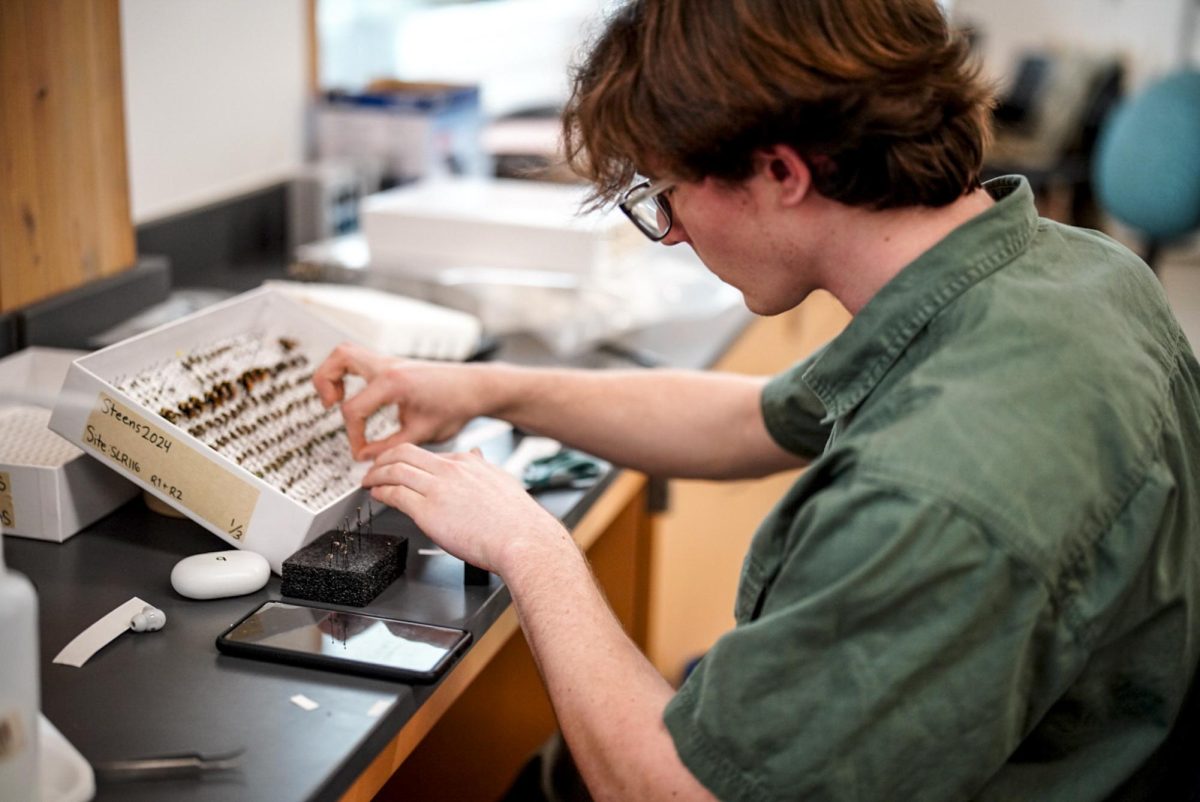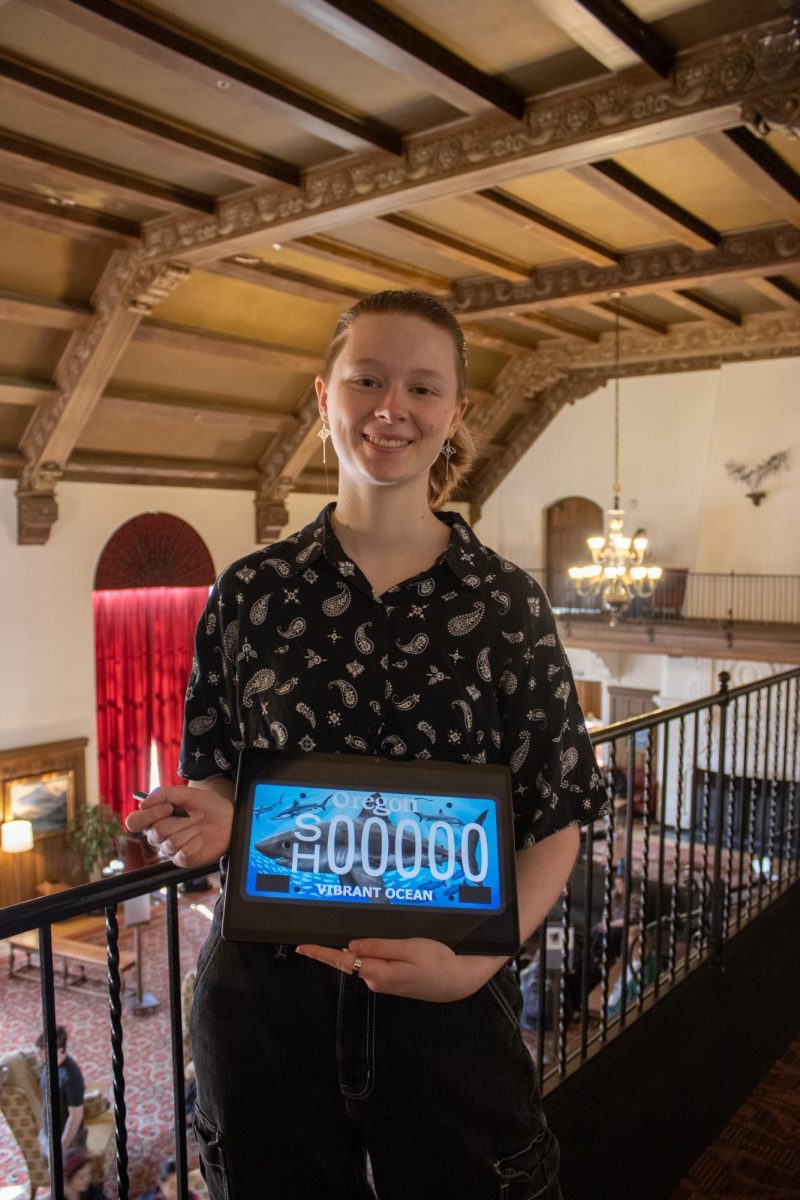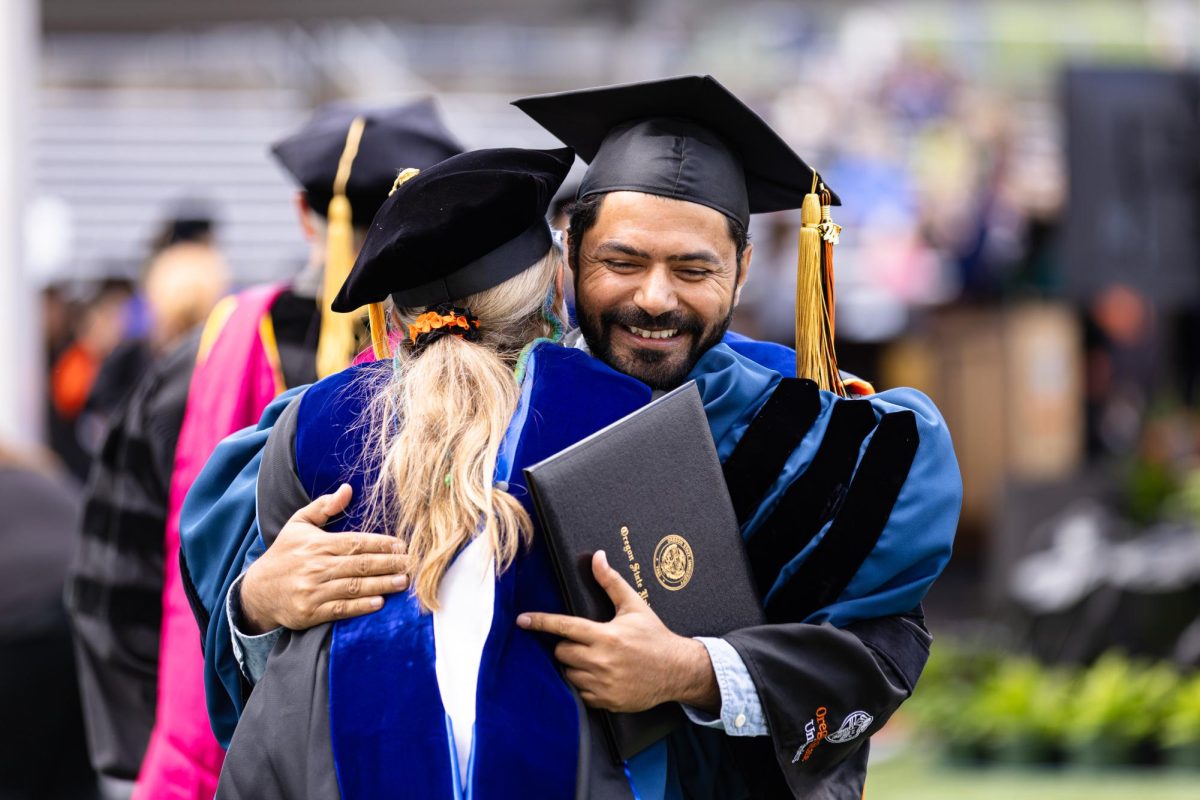On the north side of campus, in the basement of Rogers Hall, is a workshop where Oregon State University’s Society of Automotive Engineers toil away, getting their handmade race cars ready for international collegiate competition.
Built completely from scratch, the Beaver Racing Team is currently in the process of building two race cars: an off-road buggy for Baja SAE and a formula racer for Global Formula Racing.
“There’s a list of rules — mostly about safety — that each team must follow,” GFR Captain Devin Pham said. “But other than that, the designs for the cars can vary wildly. Basically, anything with four wheels.”
Equipped with a CNC machine and a full workshop, the Beaver Racing Team is dedicated to making as much as they can in-house.
“On the low end, we make 50% of the parts in-house,” Pham said, “on the high end, around 80%.”
According to Beaver Racing Team Captain Caleb Sprengeler, the team is also helped by local companies.
“We probably have over 100 sponsors,” Sprengeler said. “Oregon Tool, Lane Gear, Warn Automotives, Corvallis Tool, even HP.”
According to Pham, the Beaver Racing Team gives engineering and business students a practical environment where they can learn by doing.
Started in 1978, OSU’s Baja SAE team has historically been successful, garnering trophies both nationally and internationally.
In 2010-2011, OSU partnered with the German university Duale Hochschule Baden-Württemberg Ravensburg to start a team to compete in GFR. OSU’s GFR team has continued the Beaver Racing’s tradition of success from launch.
However, Pham and Sprengeler said that the COVID-19 pandemic was very disruptive for the team.
“Historically, (the Beaver Racing Team has) been in the Top 5, Top 10 in competitions,” Pham said. “We’re trying to get back to Top 5 right now.”
But now, Pham and Sprengeler said that their teams are growing fast and that they’re already at a historic number of members.
Sprengeler said that the Baja Team is focusing on analysis and making their car lighter this year. He said they have already cut down the weight by 35 pounds.
Meanwhile, Pham says the GFR Team is focusing on getting their car built as soon as possible.
“This is the fastest we’ve built a car since the pandemic,” Pham said. “Basically, we want to get as much seat time as possible.”
According to Sprengeler, Baja’s next race will be in May in Arizona against 100 other collegiate teams, with some from India, Mexico and even South Korea.
GFR plans to race in Michigan in June, followed by a race in Europe at the Red Bull Ring in Austria in mid-July. According to Pham, the Austrian race will be restricted to 45 teams.
“Three weeks after that, we’ll be racing in Germany,” Pham said, “which will be 85 teams.”
Pham and Sprengeler said they hope to get both cars up and running soon.







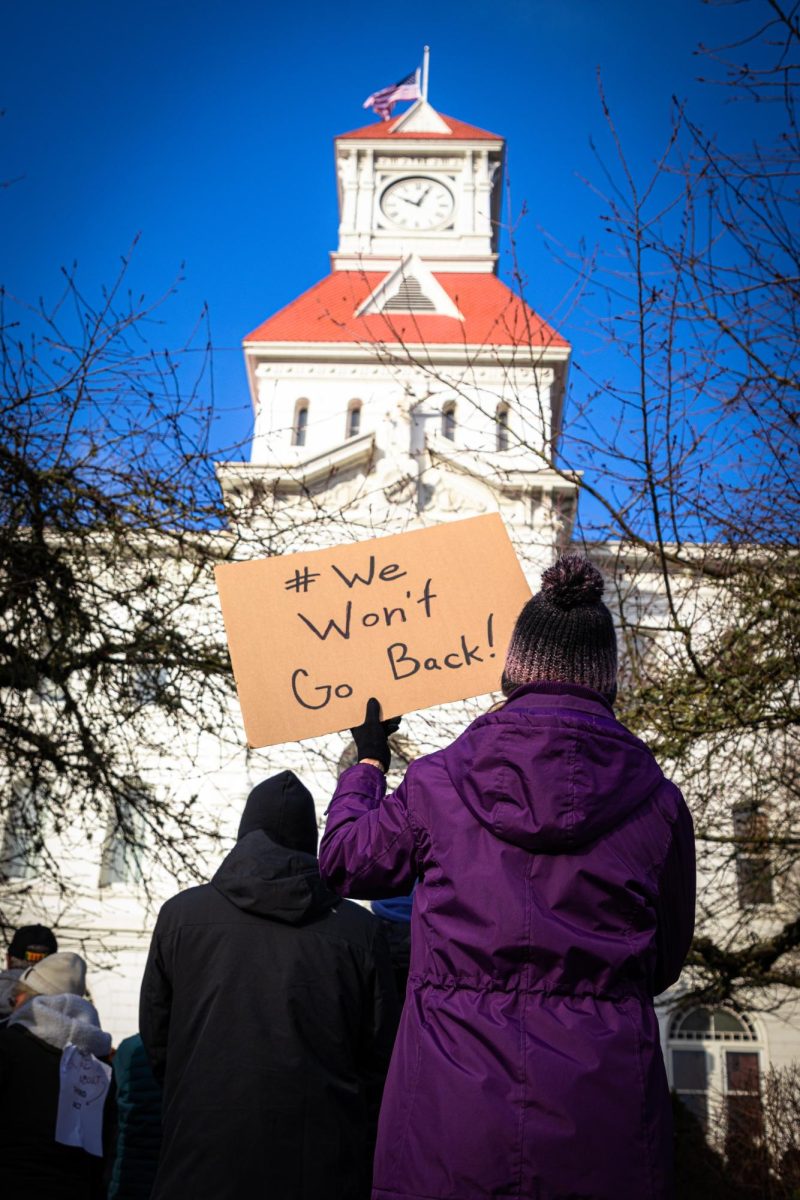

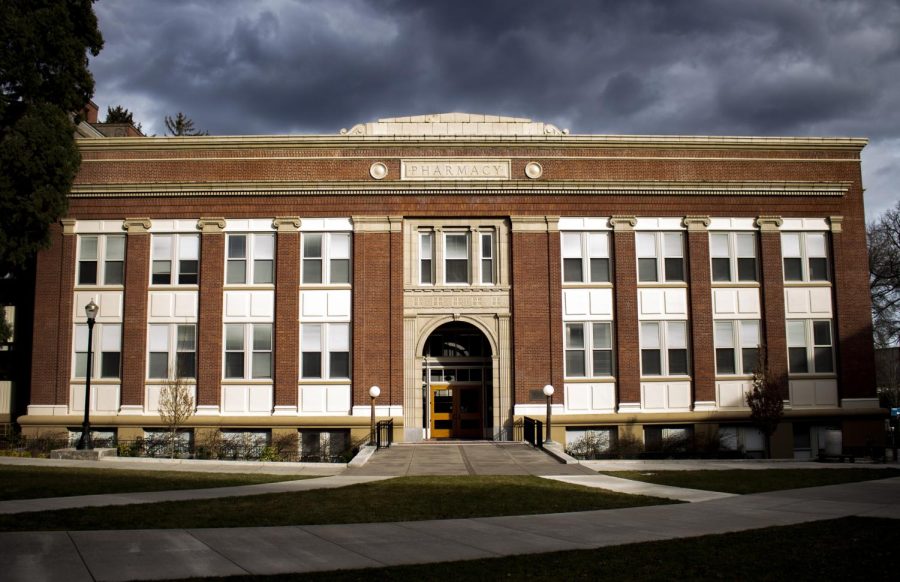
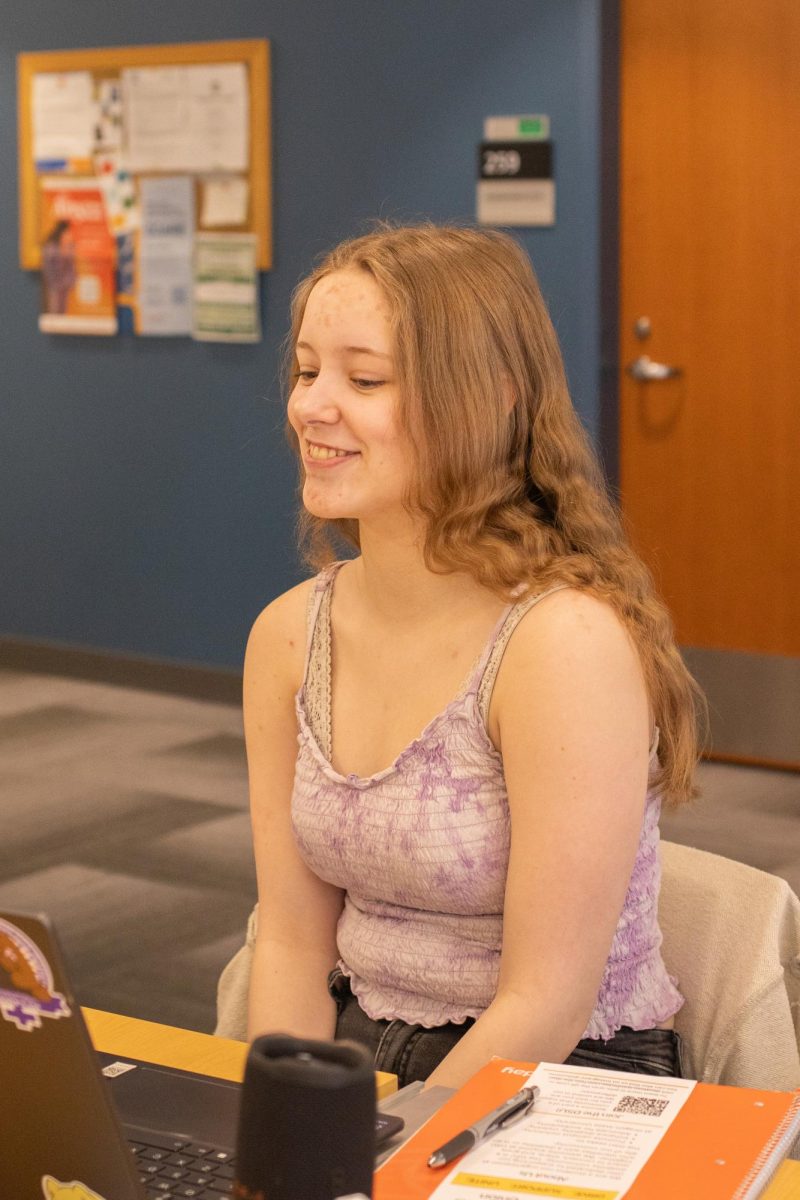
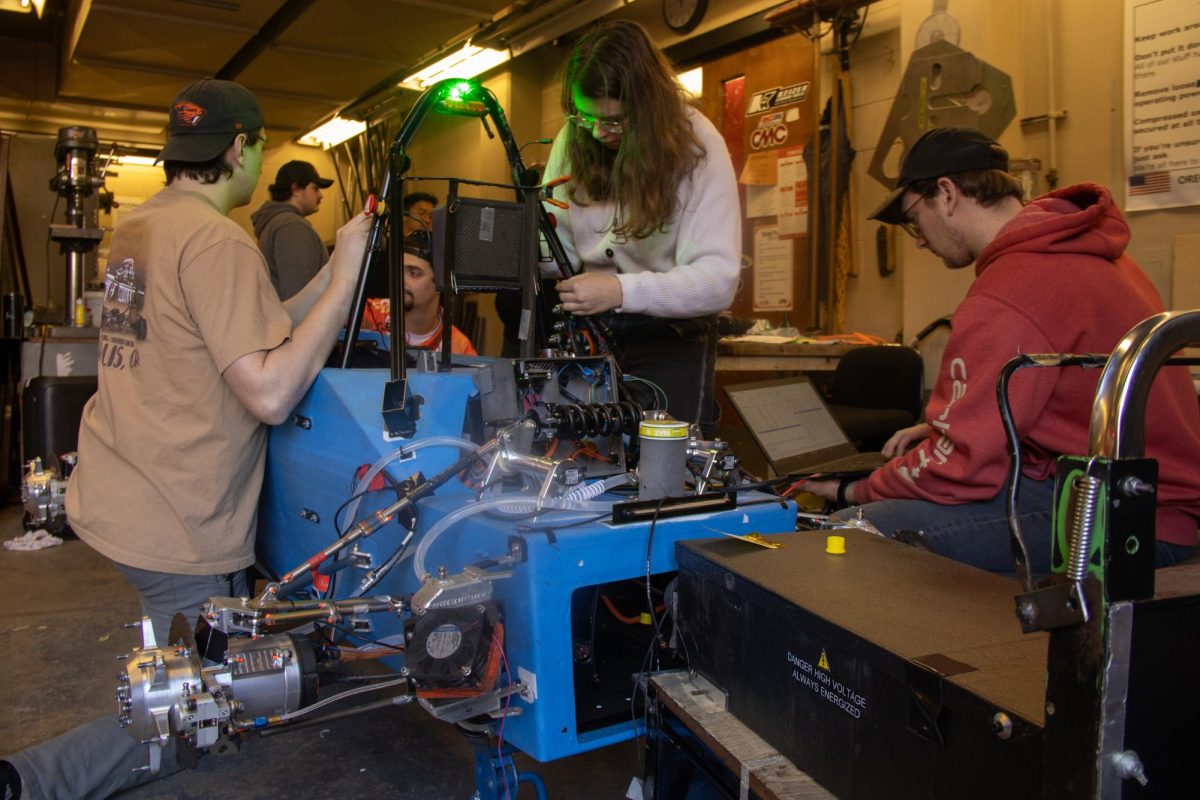
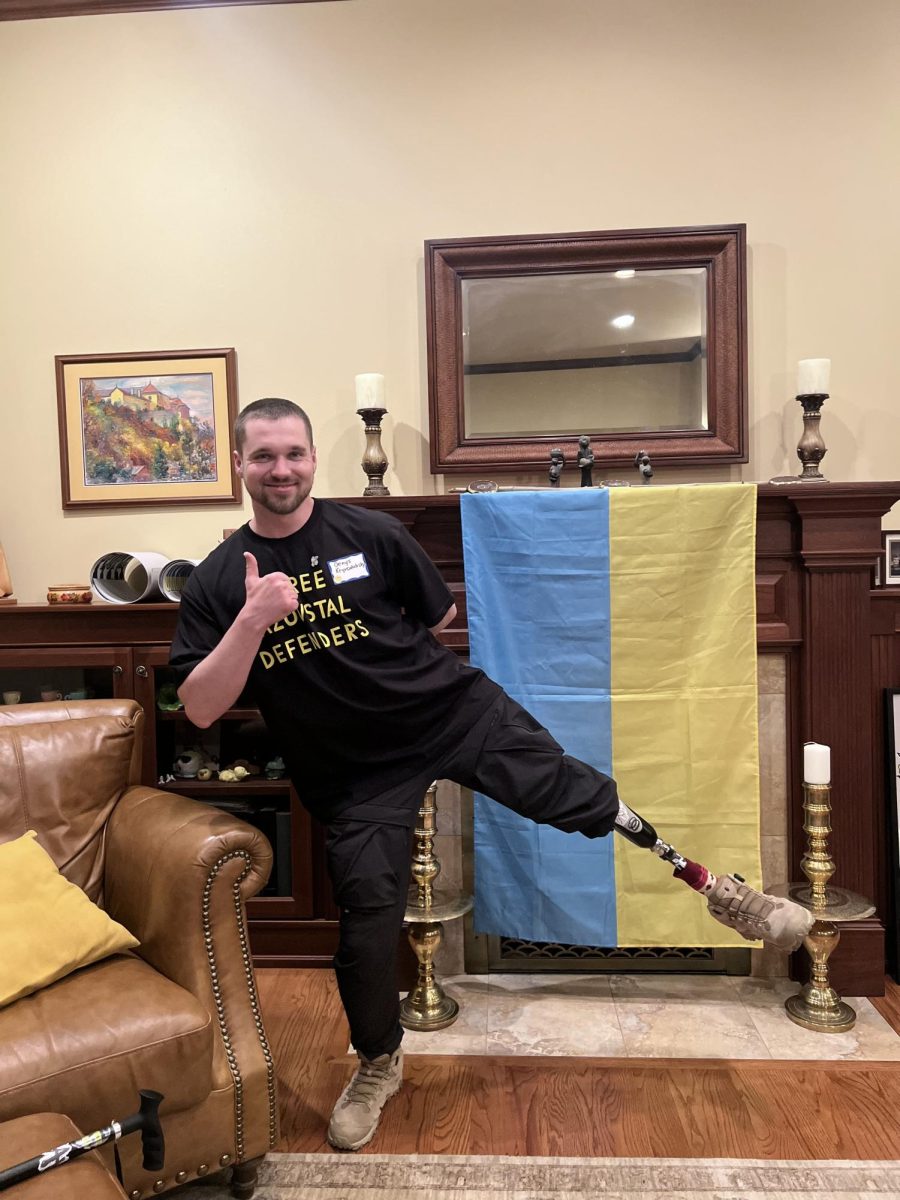


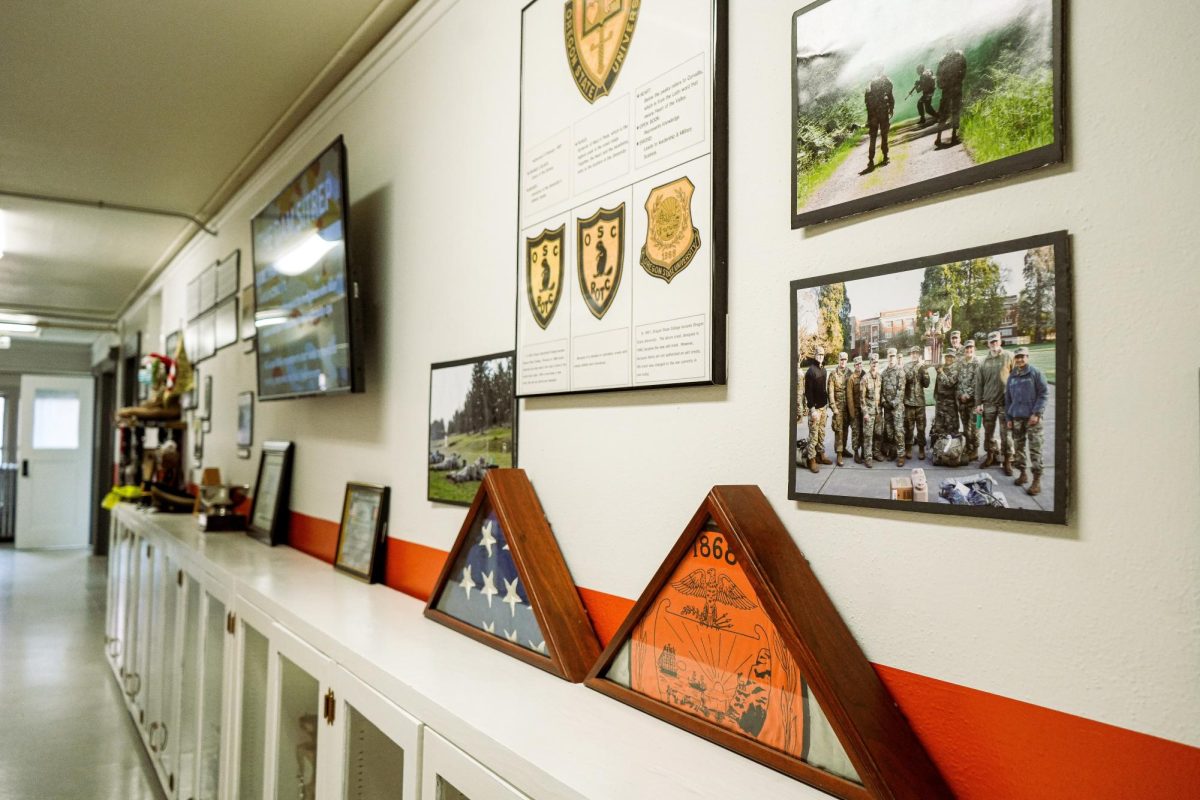










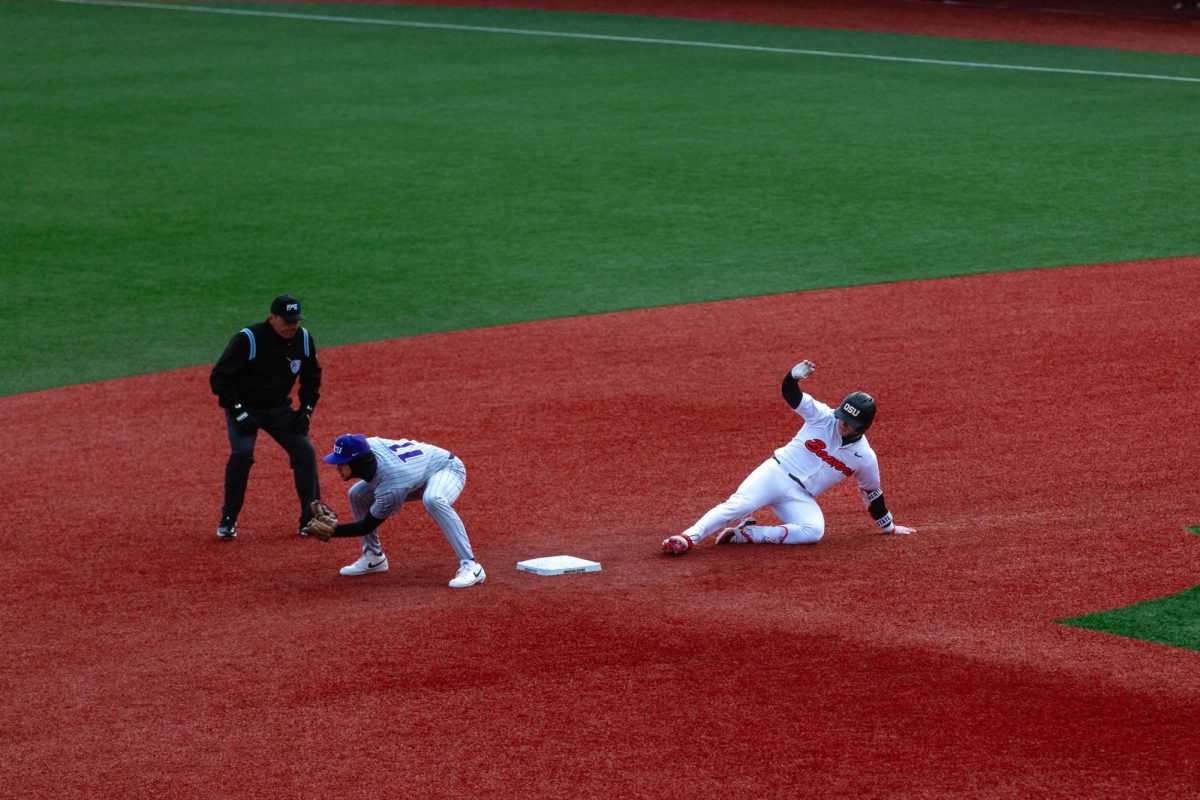
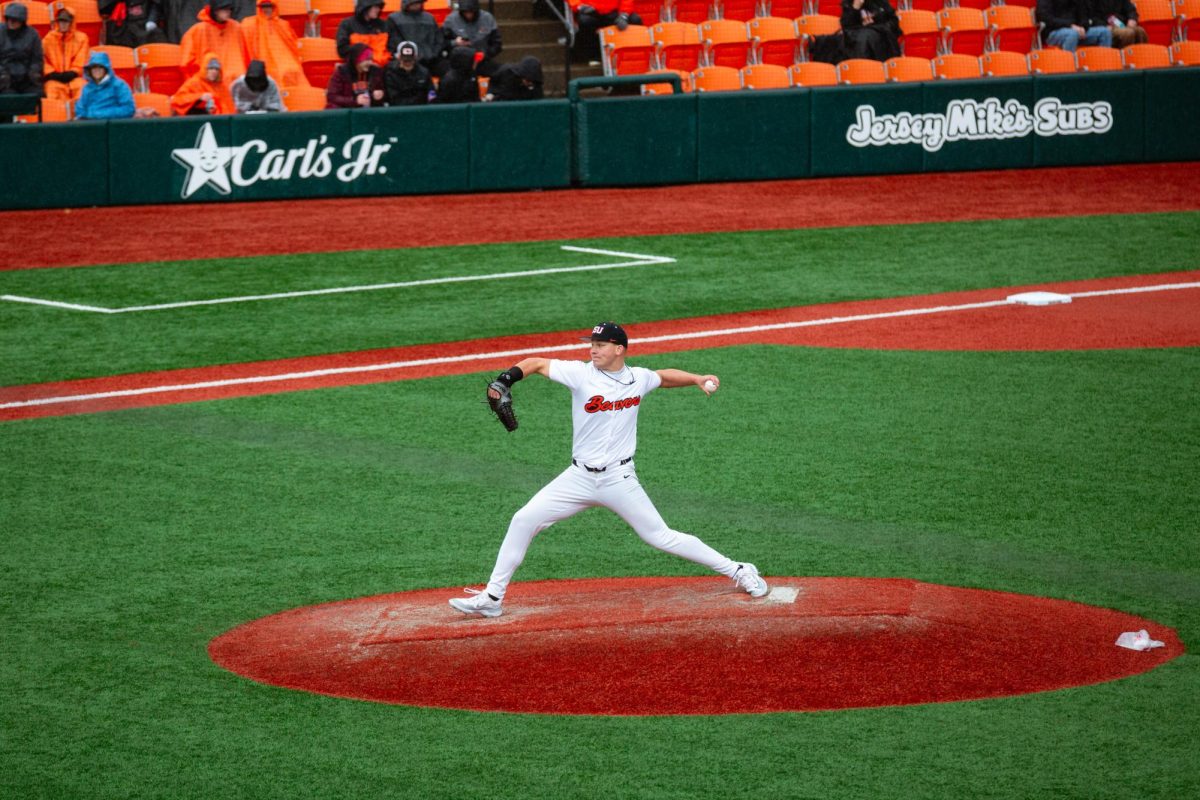























































![Newspaper clipping from February 25, 1970 in the Daily Barometer showing an article written by Bob Allen, past Barometer Editor. This article was written to spotlight both the student body’s lack of participation with student government at the time in conjunction with their class representatives response. [It’s important to note ASOSU was not structured identically to today’s standards, likely having a president on behalf of each class work together as one entity as opposed to one president representing all classes.]](https://dailybaro.orangemedianetwork.com/wp-content/uploads/2025/03/Screenshot-2025-03-12-1.00.42-PM-e1741811160853.png)
























